Non GMO Coffee: What You Need To Know
Non-GMO Coffee: The Lowdown
As a seller of natural and organic foods, some of your coffee-loving customers may ask you about non-GMO coffee.
If a food is a GMO, it’s genetically modified. To make genetically modified food, producers insert a gene from one plant or animal into a plant or animal of a different species.
- But how common is genetically modified coffee?
- In addition, why do consumers want coffee without GMOs?
Read on to find out.

GMO Coffee: How Common?
No genetically modified coffee beans are commercially available. So, technically, all coffee is non-GMO.
But the situation is more complicated than that.
Genetically Modified Coffee Exists, Just Not Commercially

The National Coffee Association reports that genetically modified coffee beans certainly exist. They just aren’t available in stores yet. But, they could be there soon.
Here is a short timeline of genetically modified coffee production. It’s adapted from the National Coffee Association and Daily Coffee News.
- 1999: The University of Hawaii produced the first patented genetically modified coffee. They used harmful chemicals to aid the coffee’s growth.
- 2006: Giant conventional food manufacturer Nestle earned a European patent for genetically modified coffee, the first company to do so.
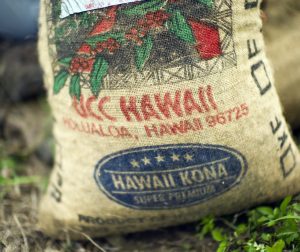
- 2008: Hawaiian Kona Coffee farmers publically objected to genetically modified coffee beans. They are afraid that genetically modified coffee research trials could taint the purity of their heritage, high-end Hawaiian Kona Coffee, whether intentionally or not.
- These farmers are also aware of the many dangers and unknowns of genetically modified food. Thus, they have supported legislation to protect their coffee in 2013 and beyond.

- After further genetically modified coffee developments in 2014 and later, consumers are more scared that genetically modified coffee will head to market soon.
- Crucially, consumers don’t like the idea of genetically modified coffee.
- Thus, they’d rather buy coffee products that are marked as non-GMO.
Why Do Consumers Avoid Genetically Modified Foods?
Consumers turn to food that’s not genetically modified for several reasons. Three main reasons are environmental harm, possible health risks, and cross-contamination (cross-pollination).
Environmental Harm: Pesticides


- Some genetically modified food resists pesticides easily.
- But, that hasn’t led to less pesticide use.
- Instead, farmers spray modified plants with far more pesticides than usual.
This results in more harm to the environment.
- For example, these pesticides are highly toxic to all plants.
- They also pollute the air.
- Most crucially, they might even cause cancer in humans.
- And weeds have become resistant to pesticides. This causes a vicious cycle, as farmers spray on even more pesticides to try to kill those weeds. Yikes!
Health Unknowns

No one has established if genetically modified food is safe to eat.
- After all, the U.S. government doesn’t require thorough safety testing before genetically modified foods are sold.
- The UK, EU, Australia, and Japan require testing because they recognize the health risks of genetic modification.
Cross-Contamination: Possible Serious Threat to Coffee
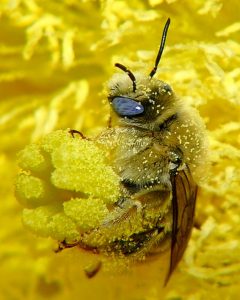

Some food doesn’t start out modified, but becomes genetically modified through cross-contamination.
One main type of cross-contamination is cross-pollination.
- If bees carry pollen from modified plants to unmodified plants, they contaminate the previously unmodified plant with the modified genes.
- Pollen might even drift from unmodified to modified plants on a windy day.
- This causes problems for farmers who don’t want their plants contaminated, for various reasons.
Cross-pollination could easily turn unmodified coffee to genetically modified coffee, whether modified coffee is on the market or just in scientific trials.
Consumers Want to Know Their Coffee is Not GMO

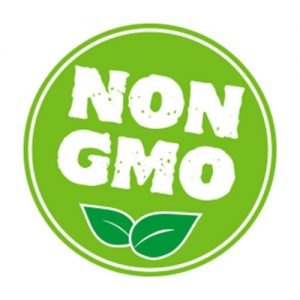
Selling coffee marked as non-GMO has key advantages.
- More and more consumers want to avoid genetically modified food.
- They know that, at least in America, producers don’t have to label modified food.
- So, they turn to products that say “Non-GMO” right on the package instead.
Coffee Additives Are Part of the Problem
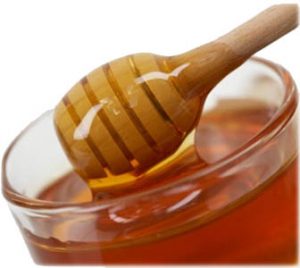


After all, even if coffee by itself isn’t modified, many additives in coffee drinks have a high GMO risk.
Honey, milk, and sugar are commonly genetically modified.
- After all, bees have no idea if they gather nectar from genetically modified plants for honey.
- Cows often eat genetically modified corn or soy.
- Corn’s one of the most commonly genetically modified foods. So is soy.
- If cows eat that corn or soy, their milk becomes a genetically modified food.
- Producers also commonly modify sugar beets, used for sugar.
Consumers Take A Stand Against Modified Coffee Additives


Some coffee chains use GMO additives in their coffee drinks, turning unmodified coffee into a genetically modified concoction.
Other coffee chains support the use of genetically modified ingredients, including in coffee, even though genetically modified coffee isn’t commercially available.
So, instead of ordering from the chains, consumers vote for unmodified food with their wallets.
- They buy coffee without genetically modified ingredients to make at home.
- Also, they choose cold brew coffee without modified additives.
Best Non-GMO Labels
The most reliable non-GMO labels come from these verification programs.
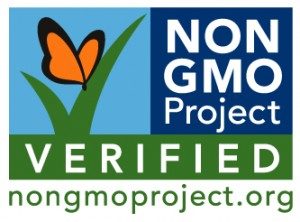
- Non-GMO Project Verified: Third parties confirm that all ingredients a coffee company uses are not genetically modified.
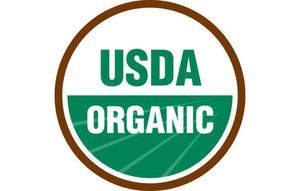
- Organic (USDA Organic/Canada Organic/EU Organic): For a coffee to be Certified Organic, it must not contain any genetically modified ingredients.
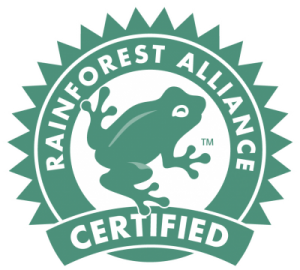
- Rainforest Alliance Certified: Farms that earn this seal use sustainable practices to protect the rainforest. These farms can’t use genetic modification, because of the environmental risks it poses.
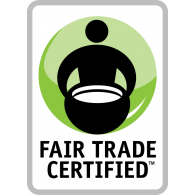
- Fair Trade Certified: Coffee producers who earn this seal pay all workers fair wages. Also, they commit to environmentally-friendly practices. Fair Trade doesn’t allow genetic modification. After all, Fair Trade views it as unethical for small farmers and harmful to the environment.
Conscious consumers should look for these certifications.
Reliable Non-GMO Brands of Coffee
The above certifications show that a coffee brand commits to selling unmodified coffee.
- This informs consumers who want to take a stand against genetic modification.
- Also, this will be even more important if genetically modified coffee becomes commercially available.
Some reliable non-GMO brands of coffee are:
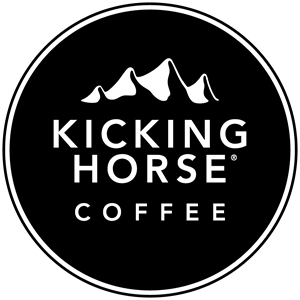

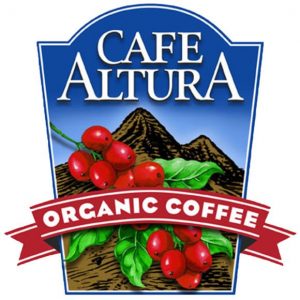
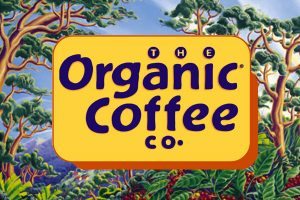

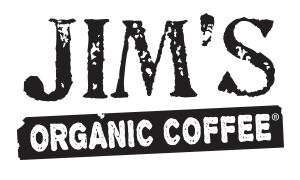
All of the above brands are either Non-GMO Project Certified, Organic, or Fair Trade. Some have earned two, or even all three, of these certifications.
Interested in selling coffee that’s certified as non-GMO? Learn more.




